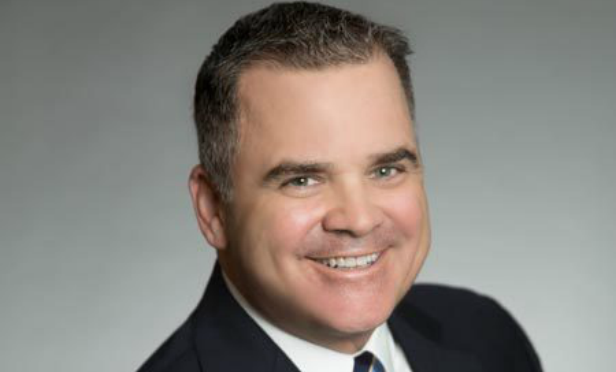 The Bascom Group Scott McClave GlobeSt.com: You have been active in Denver for more than a decade. How has the market changed in your time investing there? GlobeSt.com: What was the catalyst for the tremendous growth in Denver? GlobeSt.com: Why do you think Denver has become target market for so many investors? GlobeSt.com: Do you plan to remain active in the market as well? GlobeSt.com: How are you curbing the new competition in the market? GlobeSt.com: You just completed the purchase of Modera at Observatory Park Apartments. Tell me about the transaction and how it fit your investment strategy in the market.
The Bascom Group Scott McClave GlobeSt.com: You have been active in Denver for more than a decade. How has the market changed in your time investing there? GlobeSt.com: What was the catalyst for the tremendous growth in Denver? GlobeSt.com: Why do you think Denver has become target market for so many investors? GlobeSt.com: Do you plan to remain active in the market as well? GlobeSt.com: How are you curbing the new competition in the market? GlobeSt.com: You just completed the purchase of Modera at Observatory Park Apartments. Tell me about the transaction and how it fit your investment strategy in the market.© Touchpoint Markets, All Rights Reserved. Request academic re-use from www.copyright.com. All other uses, submit a request to [email protected]. For more inforrmation visit Asset & Logo Licensing.






